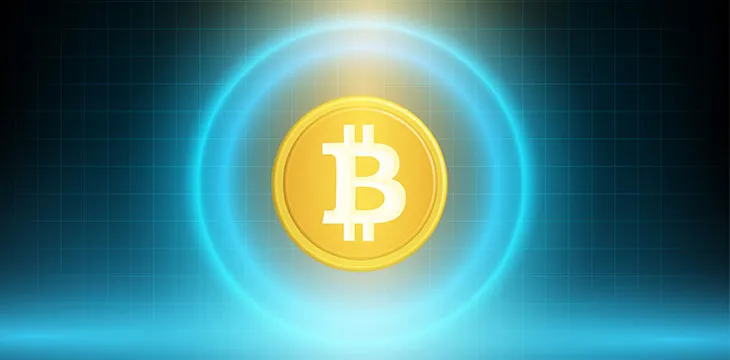|
Getting your Trinity Audio player ready...
|
Bitcoin SV (BSV) is “in some ways the purest form of bitcoin,” according to a panel of crypto experts at a recent Deconomy Forum event in South Korea.
Discussing the issues of scaling in Bitcoin, the panel were in agreement about the most effective ways to solve the scaling problem, concluding that the BSV route was optimal for achieving mass scale.
Saito Tech founder, David Lancashire, said that the scaling issue was one of fundamental economics.
In the Bitcoin SV model, miners pay for the network, because they themselves get paid for mining activities. This, he argues, is the optimal climate for supporting the network at scale, which is fundamental to achieving mainstream user volumes.
This contrasts with Bitcoin Core (BTC) proponents, and those backing other alternative cryptocurrencies, who posit that networks should be provided on a voluntary basis.
The panel agreed, with Jerry Chan of SBI Holdings saying the debate over scaling arises over confusion about what scaling actually means, and the need for a focus on practical outcomes.
“Scaling means real use cases. Scaling of transactions, we have to have more and more transactions, and from a technical perspective, we don’t care how that happens…we just care about more transactions. Whatever you can do as developers to enable more businesses to push transactions onto the network, that will solve the scaling problem,” Chan said.
Bitcoin SV is gaining traction for its low fees, fast transaction times, and in-built mechanisms for scale, representing significant benefits over alternative payment methods, including for both cross-border transactions and merchant payments. This week, the nChain BSV Node Team, with the help of the Satoshi Shotgun team, showed on the Bitcoin SV Scaling Test Network (STN) that they can now achieve 1.42GB blocks—made possible by the recent upgrade to BSV 0.2.0, which now allows block sizes of up to 10GB on the testnet.
Further, Chan said BTC was an inherently unsuitable technology for commercial transactions, due to legal complexities of separating signatures from contract data, with BSV the natural beneficiary for enterprise transactions.
Jack Liu, founder at JL Partners and RelayX, said the market would continue to tilt towards micropayments on blockchain, which would ultimately amplify the case for BSV.
“The average on-chain transaction on BTC was $11,000 at the end of 2018. The average on Ethereum is $3,000. For all the talk of blockchain for micropayments, we’re moving to sizeable amounts of money on-chain…but if you can get enough viable transaction on chain that are a dollar…no-one ever needs to have the scaling debate again. They do not want to pay $2 to move $1. They want to pay $0.01,” Liu said.
Watch the Deconomy panel on Bitcoin scaling here:

 09-17-2025
09-17-2025 





